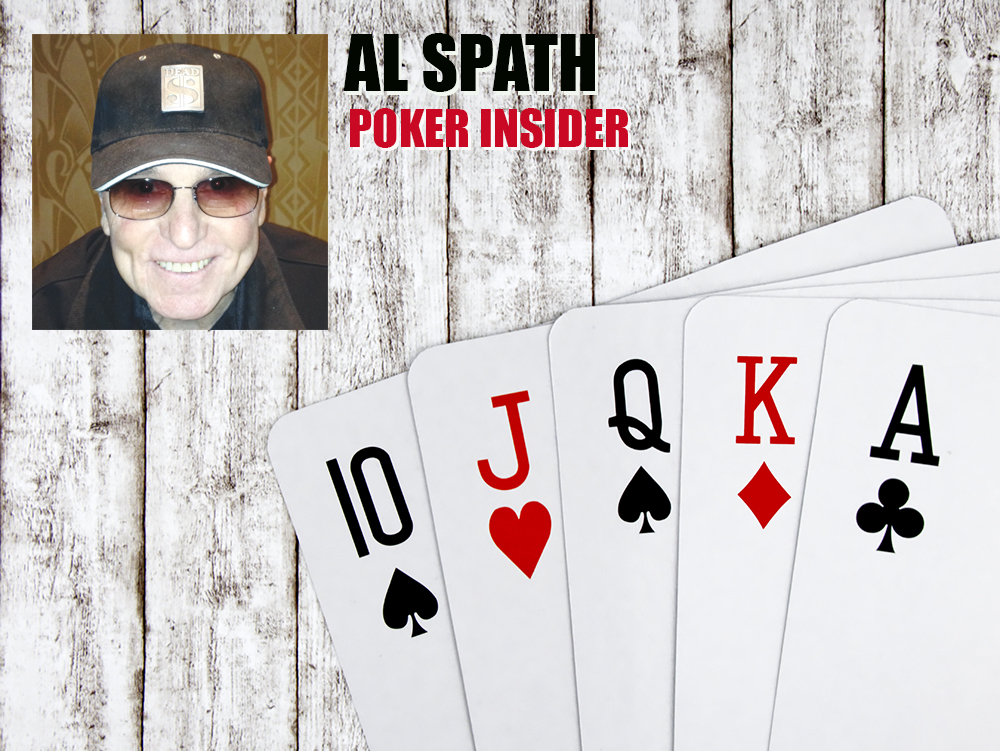A bluff is a bet of some nature when you have little or no chance of winning the pot if someone calls. A semibluff is a bet that, if called, you don’t usually hold the best hand but you have a hand that could improve to be the best hand.
Bluffing is primarily attempted to win pots. Some additional benefits can be garnered by its use (advertising for future pots), but you should bluff only when you think it will be successful. It’s highly recommended you limit the amount of bluffs attempted, as the fewer attempted, the more effective the bluffs you try will be.
If you’re getting good cards and dominating the table, players will notice and may think you have been bluffing at some of those pots, so bluff less often when you’re picking up more than your share of pots and bluff a bit more when premium cards are sparse and you have table position.
Bluffing represents holding a specific strong hand, as is the case when a third card in a particular suit hits the board and you bet.
You’re indicating you have a made flush and only those individuals having a flush, a bigger flush, a giant-sized flush draw or a full house (or house draw), will play back at you. Remember, the amount of money bet in your attempted bluff is relative to the size of the pot, the size of your stack and the size of the opponent’s stack.
If you bet too little, your opponent might not be deterred and still call. If you bet too much, your opponent might sense you’re overbetting a hand that lacks real value. Therefore, I suggest you bet an amount that’s not considered wimpy or one that appears to be unusually large. It’s also difficult to bluff at times when opponents can readily see you have a limited amount of resources (chips) and they have plenty of ammunition in front of them.
Additionally, if your opponent is a loose player, your efforts to bluff may not be as effective, so know your opposition, their style, tendencies and, most of all, how they perceive you. If they believe you’re a solid or tight player, they will tend to respect your bluff attempts more readily. In the event you’re playing way to many hands, don’t expect your bluff attempts to go unnoticed or unchallenged.
Next month, we’ll look at stack sizes.
— Al Spath is the former Dean at Poker School Online and teaches poker live and online.HisYouTube Channel (Al Spath) has 170-plus free instructional videos. Al’s twitch broadcasts are live from two channels: (PositivePokerInsiders and AlSpath).Contact Al at alspath@alspath.com with questions coaching inquires.



